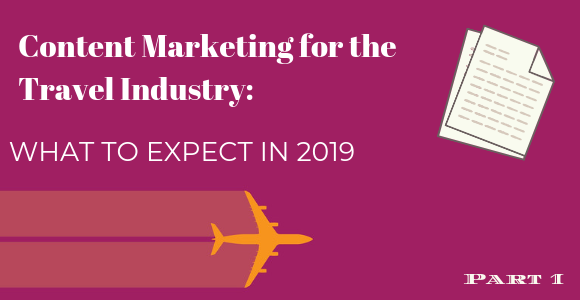This is not going to be a marketing blog in any way.
There’s no keywords, except maybe the content writing services I will touch on, but they will serve a purpose in all of this, I promise. There’s no agenda and no knowledge or trend I wish to promote. It’s just some thoughts I’ve had for a while inspired by what I see more and more in the industry.
This article is, therefore, safe to read. I won’t make you click, roll your eyes, and look for the tl;dr. Hopefully, I’ll make you think.
If I had a personal blog, I’d post it there, but I don’t (yet), so my colleagues at 411writers were kind enough to let me get outside of the box.
Not that we even have a box.
So, placebo.
It’s that not-so-magic pill or substance that has zero qualities, yet it somehow has the power to “heal.”
The placebo effect is therefore defined as a phenomenon where people who have been given such a sham treatment or pill begin to experience some kind of benefit from it. It’s like you have an ulcer, they give you “the cure,” which is nothing more than salty water with no medical effects, and you get cured.
It’s fake, but it’s also real.
People’s beliefs trump the reality that the pill is no pill at all. The experience of getting the pill is more important because it signals the subconscious mind that recovery is on the way.
In marketing, it is belief and experience with a brand that make people almost blindly follow it. Can you leverage that for your own brand?
Let’s see how others did it before you.
Can a Glass Make Wine Taste Better?
They say size matters, but what about shape?
A long time ago, the wine glass company Riedel, did something that would change the way wine critics and consumers taste wine. They would say that the secret to unveiling wine’s “message” and taste, was to do with the design of the glass. So, they would market their glass-blown wine glasses as ones with the perfect shape and design.
They did a bunch of taste tests throughout the U.S. and Europe, all with the same results – wine, however cheap or expensive, tasted better in Riedel glasses.
If we close our eyes, however, those results change.
A series of double-blind tests, where people couldn’t see the shape of the glass, found that shape indeed does not matter when it comes to taste.
So, is it really that simple? Are beliefs and experience strong enough to mess with our brains? Apparently, they are.
How can you use that placebo effect for your own benefit?
It’s Not the Words You Write but the Story You Tell
It’s not the writer but the reader that determines what’s authentic and what’s not. And, when your goal is to make money out of people’s perception of authenticity, you should swallow your pride. It’s not just about content writing services or finding the best article writer out there. It’s about understanding what your audience likes to believe in and why they come to you.
If you are a retailer, do people who buy your clothes want to feel cool or elegant or comfortable or smarter? Find out. What’s the point in “be cool” oriented marketing when your clients care about fluffy sweaters that remind them of Christmas mornings? Those clients won’t buy any story that’s not related to “comfortable and cozy.”
The experience of your product and the beliefs of your clients need to be consistent. If they are, your message will become their story. Once it’s theirs, they’ll always come to you for “comfortable and cozy.”
That’s how placebo works in marketing.
Don’t aim for stories that please everyone. Create stories that resonate with some. That’s how religions, cults, and even Apple work. Start the spark and fire will follow.
Still not convinced?
You’re Part of It, Too.
Placebo buttons. It’s those crosswalk buttons you press and the “close the door” ones on elevators. If you live in the U.S., chances are that the majority of them don’t work. Yet, you press them, and you believe they are bound to let you cross faster or get the elevator doors to close sooner.
And, one of my personal favorites – a movie called K-Pax. It’s the story of a man (played by Kevin Spacey) who believes he comes from another planet. He has stories of life on his planet with great detail; his pace and actions – very not human. Yet, it turns out, it’s just a story he made to cope with a very painful and very human past. There’s a plot twist in there, but I won’t spoil it for you.
The point is, we believe stories, and it’s because of that attachment to beliefs that we buy whatever it is we buy.
Nothing Personal, But…
So far, I was referring to you, the reader, as a brand owner, a business. I’d like to switch that now. Above anything else, we are all consumers. So, don’t forget to question some of the stories you believe in. There might be better, more interesting ones out there, ones that meet your needs better. Nothing personal, but who said Neil Patel and BuzzFeed are the only options?
The first page of Google SERPs doesn’t always contain the best of options. It contains the stories most people believe in. Heck, that’s how the engine was build in the first place. As a reader, you determine the type of content writing services our clients look for. It is you who makes search engines continue to change.
Dare to be different, give other stories a chance. If there’ll be placebo, may there at least be diversity in it.
Till next time,
T.








